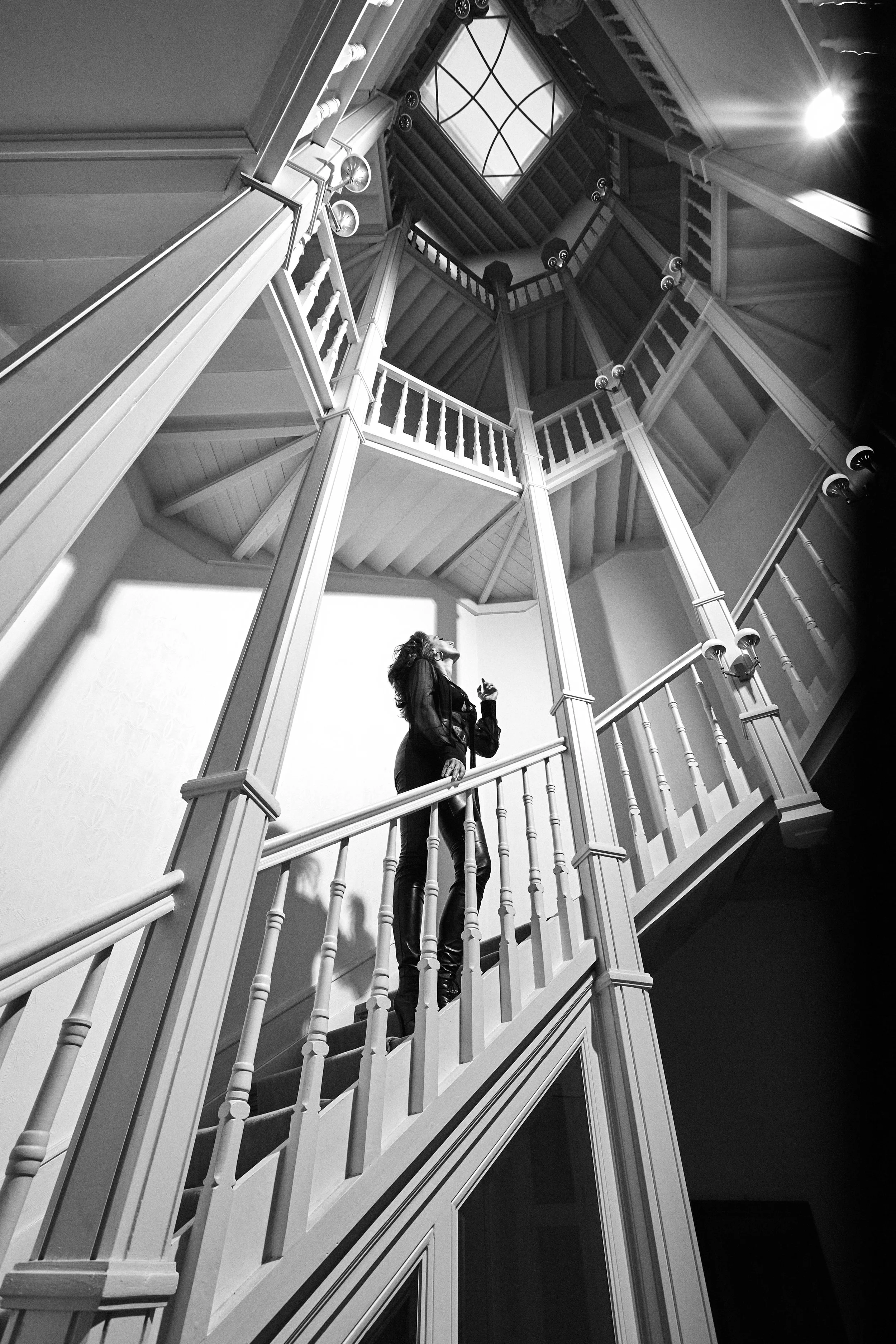"O Beauty! enormous, frightening, ingenuous monster!" It will be up to Baudelaire to deliver, in fine, the key to the extraordinary concert-recital given by Bulgarian pianist Maria Martinova and actor Pietro Pizzuti. This was happening at studio 1 in Flagey, sold out for the occasion…The presence of Maria Martinova promised sparks. The pianist is what can be called a "nature". A precocious artist, heiress of the great Russian school through her Bulgarian teachers, passed through the Juilliard School in New York and the Royal Academy of Music in London, a laureate of multiple international prizes, familiar to all repertoires, classical, gypsy or tango, she is, moreover, tall and beautiful, appeared the other evening, flamboyant hair and dressed all in black (boots and leather trousers) and, supremely chic, gloved with fine mittens... No need to resist Martinova's playing, take it or leave it. We chose to take it… The pianist propelled the music of Debussy - so often emptied of its sap - at the heart of an ardent and colourful sensuality...A jewel of an encore: Debussy's La Plus que lente and Apollinaire’s Sous le pont Mirabeau, voice and music intimately intertwined. "Time passes/I remain", ecstasy.”
Martine Dumont-Mergeay, La Libre Belgique



